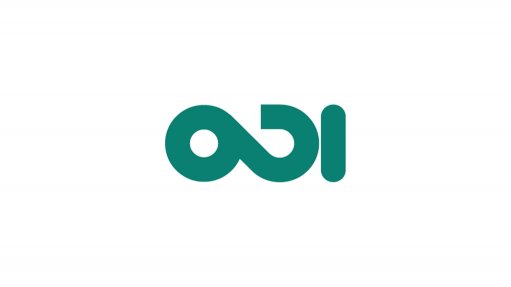
Humanitarian, development and peacebuilding work has become increasingly dangerous in recent decades. The securitisation of aid has been critiqued, alongside the racialised and gendered dynamics of security provision for aid actors.
What has received less attention is how a range of intersectional marginalisations – gender, racialisation, sexuality, nationality and disability – play out in constructions of security, danger and fear in aid deployments.
Focusing on sexual harassment, abuse and violence as threats to safety and security, the article examines how in training and guidance for deployment to ‘the field’ (itself a problematically securitised notion), danger is projected onto sexualised and racialised ‘locals’, often overlooking the potentially far greater threat from colleagues.
Here, we employ a review of security guidance, social media groups, interviews with aid staffers and reflections on our own experiences to explore how colonialist notions of security and ‘stranger danger’ play out in training.
We argue that humanitarianism is still dominated by the romanticised figure of the white, male humanitarian worker – even if this problematic imaginary no longer reflects reality – and a space where those questioning exclusionary constructs of danger are quickly silenced and even ridiculed, even in the age of #MeToo and #BlackLivesMatter.
Research article by the Overseas Development Institute